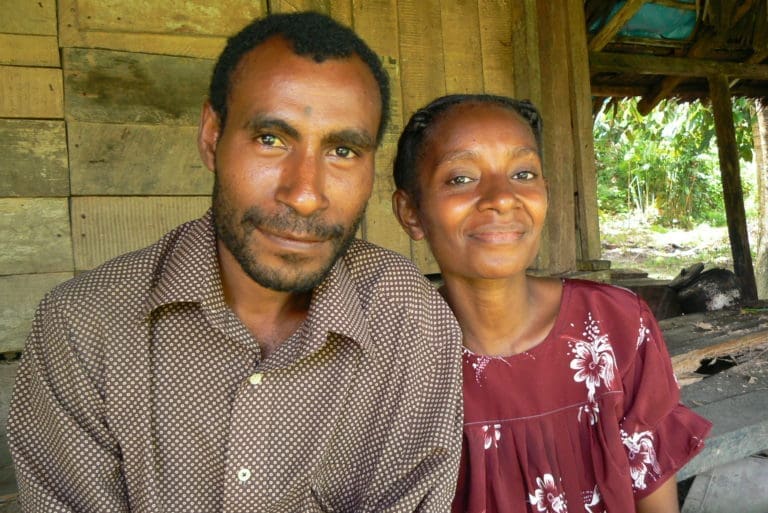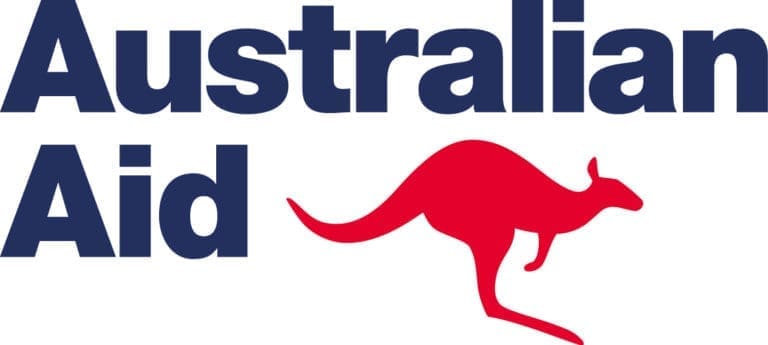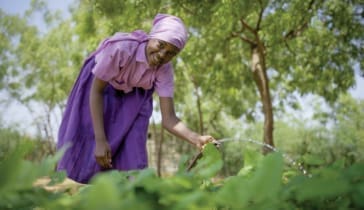published in Education on April 4, 2018
Like a crab in the sand
When a family can no longer afford to send a child to school, not only can the child’s dreams die, but they are likely to remain trapped in poverty.

This is the fate Aningao from Kupil Settlement in PNG faced …
… until support came from Australia through the ALWS family and the Australian Government.
You can see by Aningao’s smile the hope she now holds. She shares:
“When I was a little baby, my mother died. So my uncle and auntie adopted me. My father lived there too, and I have one brother.
When I grew up, they put me into school. I enjoyed going to school. My favourite subject was mathematics.
My dream was to be a Primary School Teacher, but when I got to Grade 8 I had to stop.
My uncle and auntie did not have enough money for me to go to Year 9, so I had to stay at home, so I could then not be a teacher.
I felt worry and was sorry, but what could I do?
When I could not go to Grade 9, I went to Lae City and did baby-sitting and other jobs.
Then, when I was 21, I was married. After I got married, I had a child.
I became a Sunday School teacher, and did this for six years.
Then we heard about the request for the community to find someone to train as a Literacy Teacher.
I said I wanted to be a teacher, and now I had the chance. God gave me this opportunity.
It took one week of training. We were shown how to work with mothers and fathers.
Then we came back and raised awareness, so people would come to classes.
I have 12 students – 9 women, 2 men and one child. My husband is also a student. I treat him just like any other student.
When my class started, they were writing like crabs on the sand.
Now they are writing like primary students. All my students can now write well, and some are reading well.
Some are even already reading Bible scriptures, and thinking about what they read.
Once my students complete the literacy course, they graduate with a certificate. Then they can enter formal education as a Primary student, even if they are an adult.
My hope is when this class graduates, we will find more students.
In 5 years time I hope I am still a literacy teacher, because I would like everyone to be literate.”

Categories
- Advocacy
- ALWS 70th & Bonegilla
- Animals
- Australian Government
- Awareness Day
- Child Protection
- Children
- Christmas Action
- Climate change
- Community Education
- COVID-19
- Disability
- Donors
- Earthquake
- Education
- Emergency
- Family
- Farmer
- Farming / Agriculture
- Flood
- Food Security
- Fundraising
- Gifts of Grace
- Health / Healthcare
- Hope Spots 2024
- Houses
- Human Rights
- Livelihoods / Small Business / New Skills
- Natural Disaster
- Poverty
- Refugees
- Social Justice
- Sustainable Development
- Take Action
- The GRACE Project
- Toilets / Sanitation
- Tsunami
- Village Partnership Program
- Walk My Way
- War / Conflict
- WASH
- Water
- What's My Business
- Women / Girls
- Worship / Chapel / Devotion
- Your Love At Work
Recent News & Stories
- Walk My Way Ukraine - Brisbane 2024
- Hope Spot 14 - Boarded Windows
- Hope Spot 13 - Hope when it hurts
- Hope Spot 12 - No Parking
Archives
- April 2024
- March 2024
- February 2024
- January 2024
- November 2023
- October 2023
- September 2023
- August 2023
- July 2023
- June 2023
- May 2023
- April 2023
- March 2023
- December 2022
- September 2022
- June 2022
- May 2022
- March 2022
- January 2022
- August 2021
- July 2021
- June 2021
- May 2021
- April 2021
- March 2021
- February 2021
- November 2020
- October 2020
- September 2020
- May 2020
- April 2020
- March 2020
- February 2020
- January 2020
- November 2019
- October 2019
- May 2019
- April 2019
- March 2019
- February 2019
- January 2019
- November 2018
- October 2018
- August 2018
- July 2018
- April 2018
- March 2018
- February 2018
- January 2018
- January 2016

